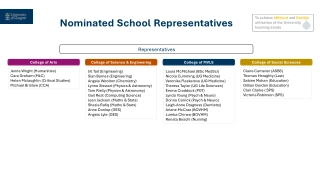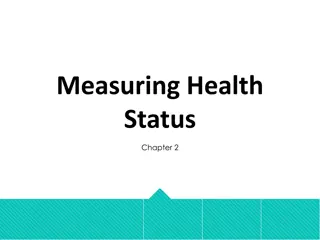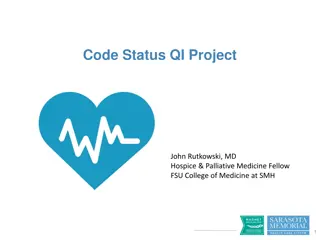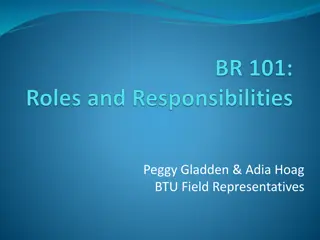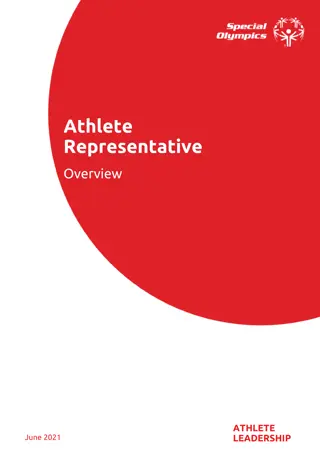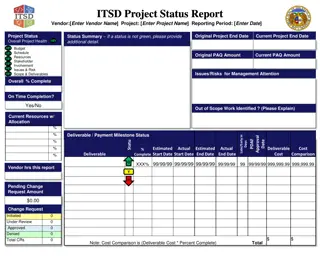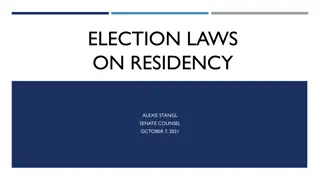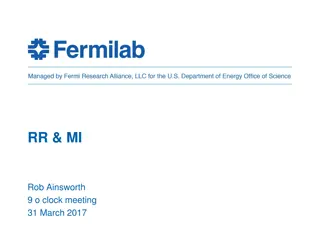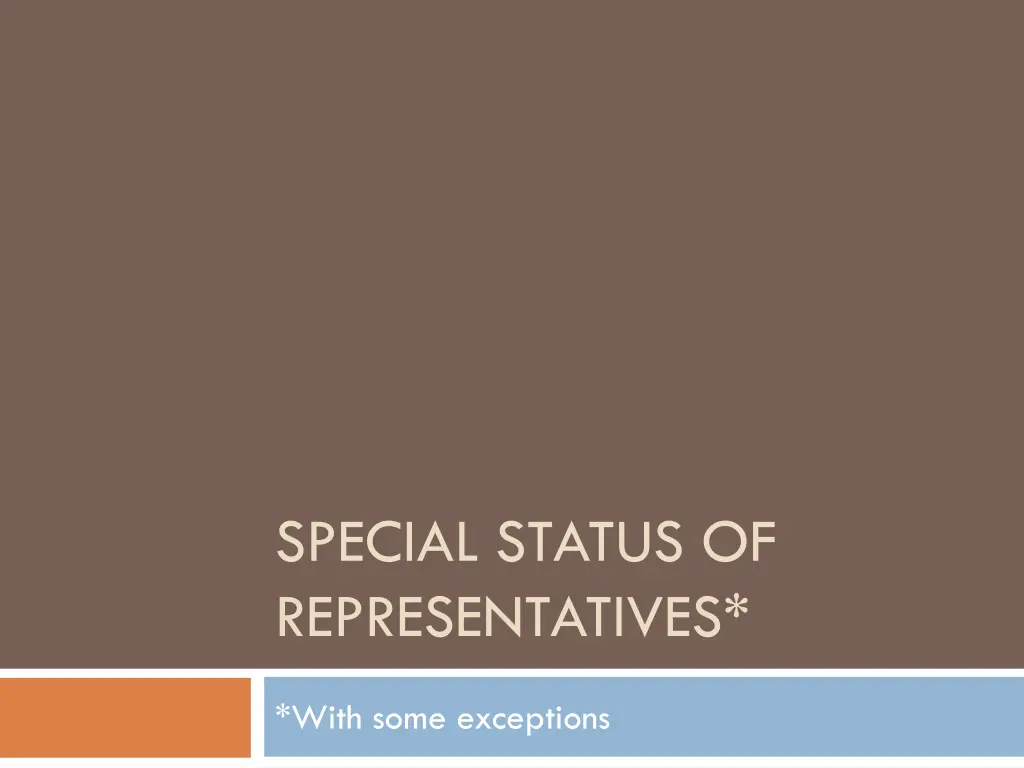
Understanding Special Status of Representatives in the Workplace
Explore the special status granted to union representatives, allowing for certain behaviors and immunity in the workplace. Learn what actions are permitted and when this status does not apply, providing insight into the role and responsibilities of representatives.
Download Presentation

Please find below an Image/Link to download the presentation.
The content on the website is provided AS IS for your information and personal use only. It may not be sold, licensed, or shared on other websites without obtaining consent from the author. If you encounter any issues during the download, it is possible that the publisher has removed the file from their server.
You are allowed to download the files provided on this website for personal or commercial use, subject to the condition that they are used lawfully. All files are the property of their respective owners.
The content on the website is provided AS IS for your information and personal use only. It may not be sold, licensed, or shared on other websites without obtaining consent from the author.
E N D
Presentation Transcript
SPECIAL STATUS OF REPRESENTATIVES* *With some exceptions
Special Status of Representatives Any member can serve as a representative for another member, at any time. Special status applies to any member who serves as a representative, each and every time.
Special Status of Representatives Confrontation is a necessary part of the union representative s job. Labor law grants a special status to union representatives.
Special Status of Representatives Traditional workplace norms: employee must be respectful and obedient towards management. Under NLRA, when acting as a union representative, status is elevated to equality with management.
Special Status of Representatives When acting as a representative, you are allowed to: Speak impulsively, especially if provoked Swear (but please don t) Speak loudly Speak frankly Demean your supervisor s intelligence Threaten lawful protests
Special Status of Representatives Aggressive advocacy is not always necessary, or appropriate, but it is not insubordination!
Special Status of Representatives Immunity applies: When acting as a union representative In informal and formal meetings
Special Status of Representatives HOWEVER. . . Being a union representative does not grant you a general right to tell your supervisors to shove it!
Special Status of Representatives Special status does not apply: When you take issue with your own work assignment When you debate your own job performance When you receive notice of discipline
Special Status of Representatives You are not protected by law if you: Use extreme profanity Use racial/sexual slurs Threaten physical harm Cause physical harm
Special Status of Representatives Location is a factor: What is considered appropriate behind closed doors would not be considered appropriate in the middle of the school cafeteria. Exception: If provoked by similar language or actions by the supervisor, you may respond in kind.
Special Status of Representatives Management cannot hold union representatives to a higher standard or impose a greater punishment for a similar offense.

